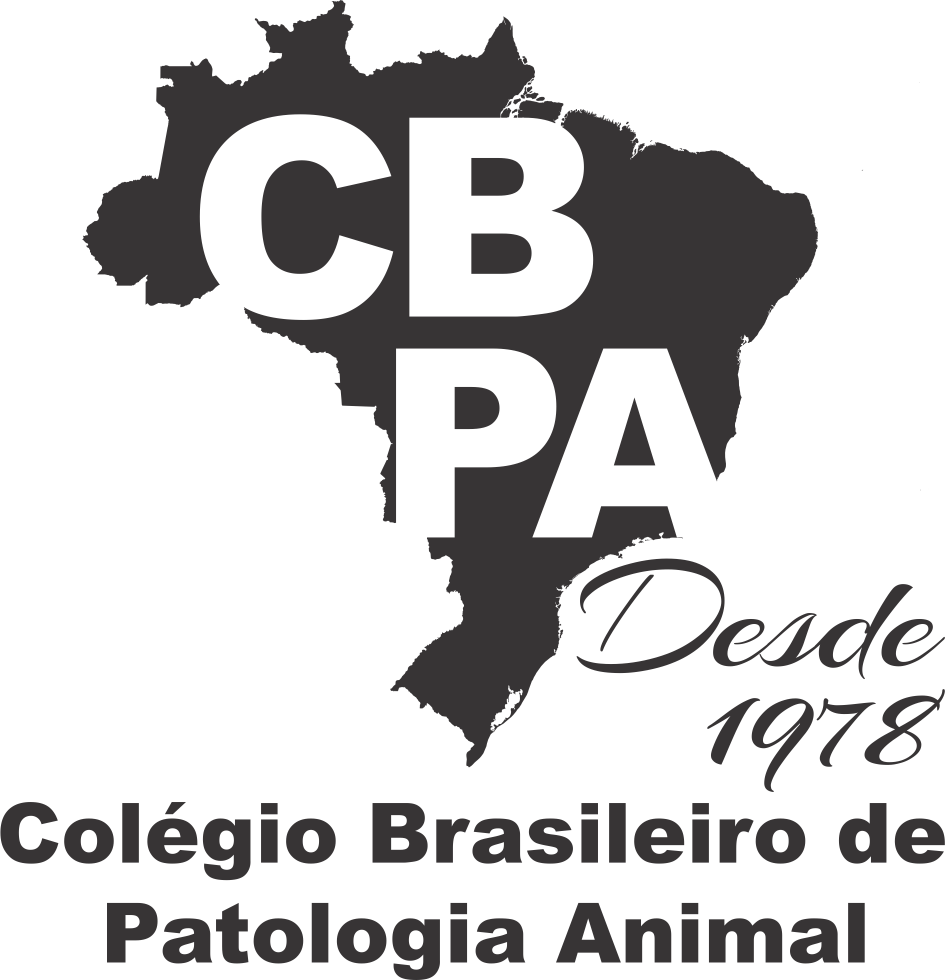Resultado da pesquisa (1)
Termo utilizado na pesquisa Alda J.L.
#1 - Intoxicação espontânea por Baccharis coridifolia (Compositae) em eqüinos no Rio Grande do Sul, p.409-414
Abstract in English:
ABSTRACT.- Alda J.L., Sallis E.S.V., Nogueira C.E.W., Soares M.P., Amaral L., Marcolongo-Pereira C., Frey Jr F. & Schild A.L. 2009. [Spontaneous Baccharis coridifolia (Compositae) poisoning in horses in southern Brazil.] Intoxicação espontânea por Baccharis coridifolia (Compositae) em eqüinos no Rio Grande do Sul. Pesquisa Veterinária Brasileira 29(5):409-414. Laboratório Regional de Diagnóstico, Faculdade de Veterinária, Universidade Federal de Pelotas, Campus Universitário s/n, Pelotas, RS 96010-900, Brazil. E-mail: alschild@terra.com.br
An outbreak of spontaneous Baccharis coridifolia poisoning in horses in July 2008 is reported from southern Brazil. The poisoning affected three mares out of four that were transported from the state of Paraná to a farm in the municipality of Acegua, Rio Grande do Sul, and occurred 3 days after arrival of the animals in a paddock with sprouting B. coridifolia. The fourth mare introduced to another paddock without B. coridifolia was not affected. The mares had received only one third of the concentrate ration previously ingested and stayed during the night in a stall. Clinical signs were abdominal discomfort, increased cardiac and respiratory rate, anorexia, hypermotility of the gut, cecal tympany, and diarrhea. The clinical course was of 18-36 hours. One affected mare survived after symptomatic treatment. Gross lesions were severe congestion, hemorrhages, edema and ulcers of the glandular stomach. Congestion, edema and hemorrhages were also observed in ileum, cecum and large colon. Histologic examination revealed degeneration and necrosis of the aglandular epithelium of the stomach, gastritis and enteritis with infiltration by mononuclear cells and neutrophils, edema of the mucosa, and dilatation of lymphatic vessels. One horse was poisoned experimentally with 1g/kg body weight of B. coridifolia. Clinical signs and lesions were similar to those observed in the spontaneous cases.
Abstract in Portuguese:
ABSTRACT.- Alda J.L., Sallis E.S.V., Nogueira C.E.W., Soares M.P., Amaral L., Marcolongo-Pereira C., Frey Jr F. & Schild A.L. 2009. [Spontaneous Baccharis coridifolia (Compositae) poisoning in horses in southern Brazil.] Intoxicação espontânea por Baccharis coridifolia (Compositae) em eqüinos no Rio Grande do Sul. Pesquisa Veterinária Brasileira 29(5):409-414. Laboratório Regional de Diagnóstico, Faculdade de Veterinária, Universidade Federal de Pelotas, Campus Universitário s/n, Pelotas, RS 96010-900, Brazil. E-mail: alschild@terra.com.br
An outbreak of spontaneous Baccharis coridifolia poisoning in horses in July 2008 is reported from southern Brazil. The poisoning affected three mares out of four that were transported from the state of Paraná to a farm in the municipality of Acegua, Rio Grande do Sul, and occurred 3 days after arrival of the animals in a paddock with sprouting B. coridifolia. The fourth mare introduced to another paddock without B. coridifolia was not affected. The mares had received only one third of the concentrate ration previously ingested and stayed during the night in a stall. Clinical signs were abdominal discomfort, increased cardiac and respiratory rate, anorexia, hypermotility of the gut, cecal tympany, and diarrhea. The clinical course was of 18-36 hours. One affected mare survived after symptomatic treatment. Gross lesions were severe congestion, hemorrhages, edema and ulcers of the glandular stomach. Congestion, edema and hemorrhages were also observed in ileum, cecum and large colon. Histologic examination revealed degeneration and necrosis of the aglandular epithelium of the stomach, gastritis and enteritis with infiltration by mononuclear cells and neutrophils, edema of the mucosa, and dilatation of lymphatic vessels. One horse was poisoned experimentally with 1g/kg body weight of B. coridifolia. Clinical signs and lesions were similar to those observed in the spontaneous cases.









